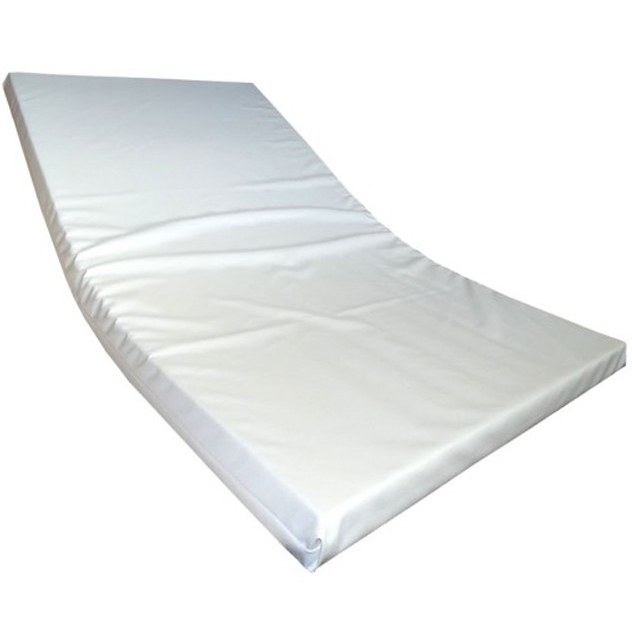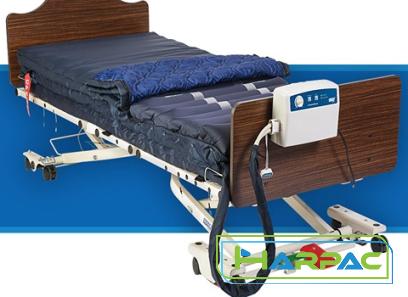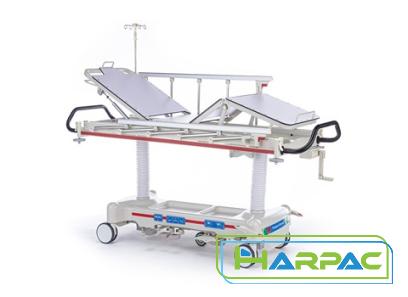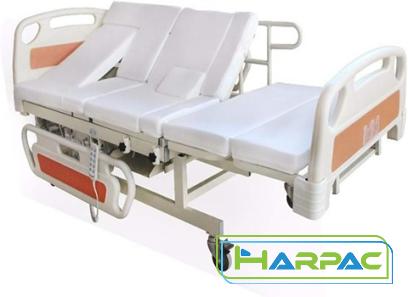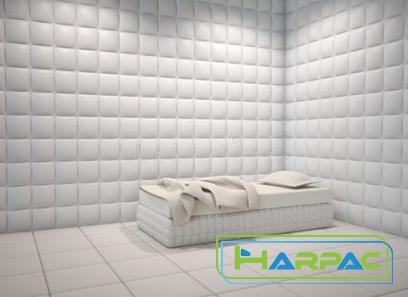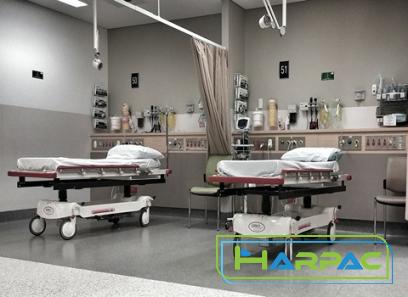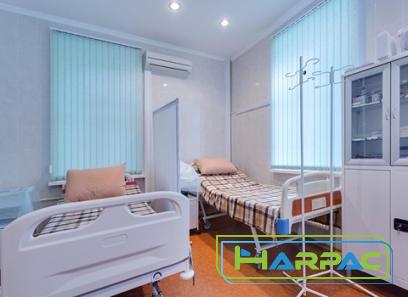When it comes to ensuring the comfort and well-being of patients, selecting the right hospital bed mattress is crucial. A good quality mattress not only facilitates healing and recovery but also provides ample support and pressure relief, minimizing the risk of developing bedsores. In this article, we will explore the different types of hospital bed mattresses, their benefits, and key considerations to help you make an informed choice.
1. Foam Mattresses:
Foam mattresses are a popular choice for hospital beds due to their excellent pressure redistribution properties. They conform to the shape of the patient’s body, minimizing pressure points and enhancing comfort. High-density foam mattresses offer increased durability, effectively reducing the risk of damage and extending the mattress’s lifespan.
2. Air Mattresses:
Air mattresses are designed to provide dynamic pressure redistribution. They feature a series of interconnected air chambers that constantly adjust the mattress’s support according to the patient’s movements and position. These mattresses are particularly beneficial for patients with mobility issues as they help prevent the formation of bedsores and maintain optimal blood circulation.

3. Alternating Pressure Mattresses:
Ideal for patients at high risk of developing pressure ulcers, alternating pressure mattresses regularly change the air pressure in different zones of the mattress to relieve pressure and enhance circulation. By consistently shifting the pressure points, these mattresses minimize the risk of bedsores and ensure patient comfort.
4. Hybrid Mattresses:
Combining foam and air technology, hybrid mattresses offer the benefits of both foam and air mattresses. These mattresses typically have a foam base for support and comfort, while a top layer of air cells provides pressure redistribution and assists in maintaining tissue perfusion. Hybrid mattresses are ideal for patients requiring prolonged bed rest or those with varying pressure redistribution needs.
5. Bariatric Mattresses:
Bariatric patients require extra support and durability due to their higher weight capacity. Bariatric mattresses are specially designed to accommodate these requirements, utilizing high-density foam and reinforced construction. These mattresses offer superior support, improved pressure redistribution, and increased durability compared to regular hospital bed mattresses.
Considerations for selecting the right hospital bed mattress:
a. Patient needs: Consider factors such as patient mobility, weight, and risk of pressure ulcers when selecting a mattress.
b. Pressure Redistribution: Opt for mattresses that effectively redistribute pressure to reduce the risk of bedsores.
c. Infection Control: Ensure the mattress is easy to clean and resistant to moisture, preventing the growth of bacteria and fungi.
d. Durability: Look for mattresses with durable construction and materials to withstand continuous use.
e. Cost: Balance the budget with the mattress’s quality and the patient’s needs to find the optimal solution.
Conclusion:
Choosing the right hospital bed mattress is essential for ensuring patient comfort, support, and preventing complications such as bedsores. From foam mattresses to hybrid options, numerous choices are available to cater to specific patient needs. By considering factors like pressure redistribution, infection control, durability, and cost, healthcare professionals can make informed decisions and provide optimal care for their patients.
